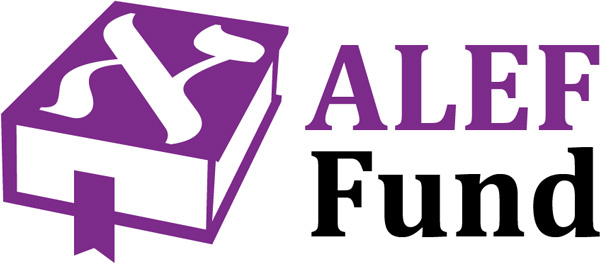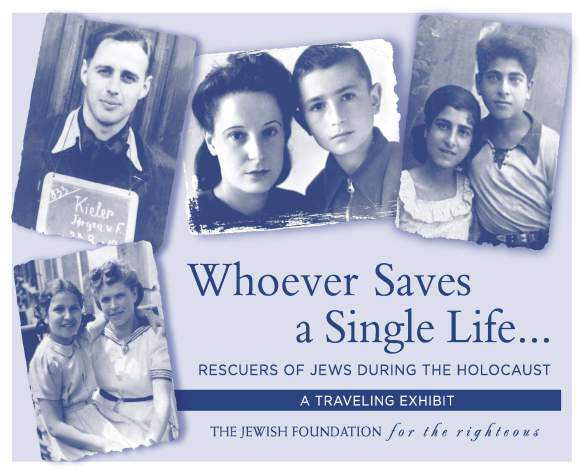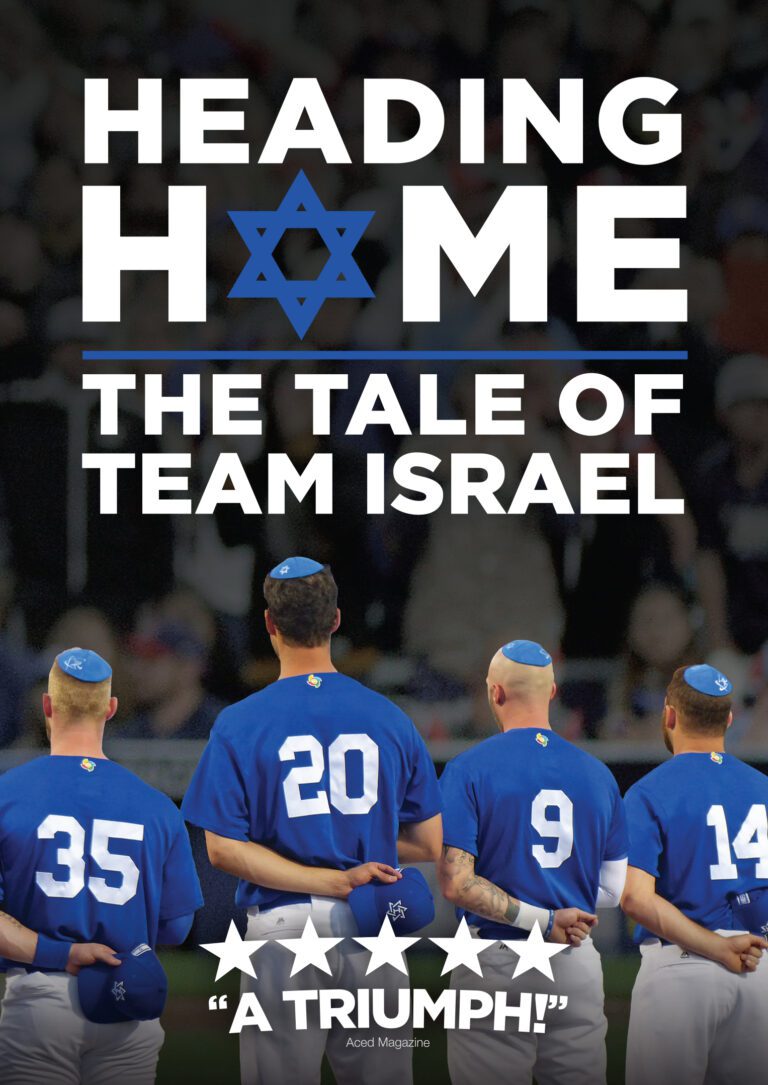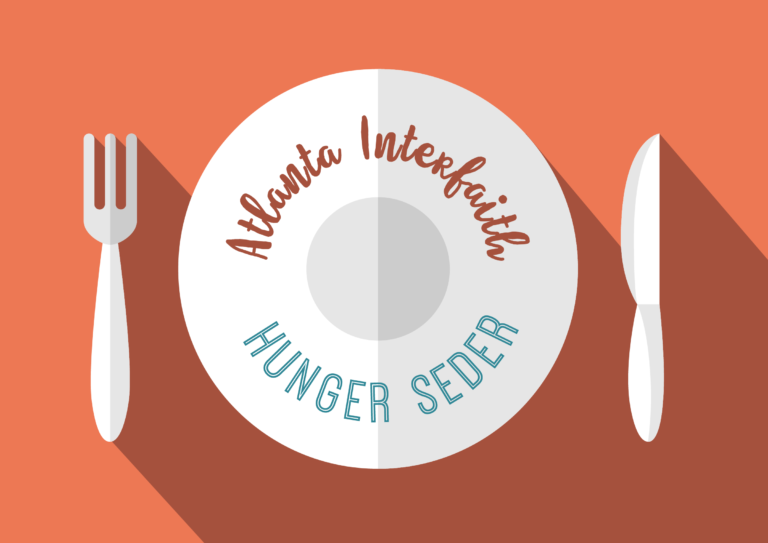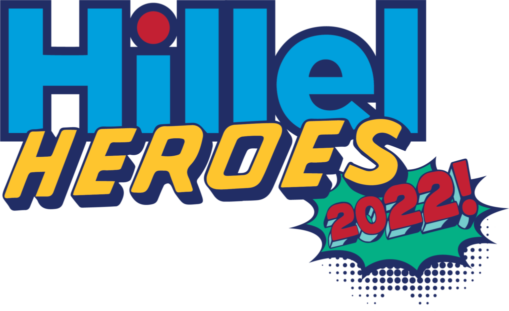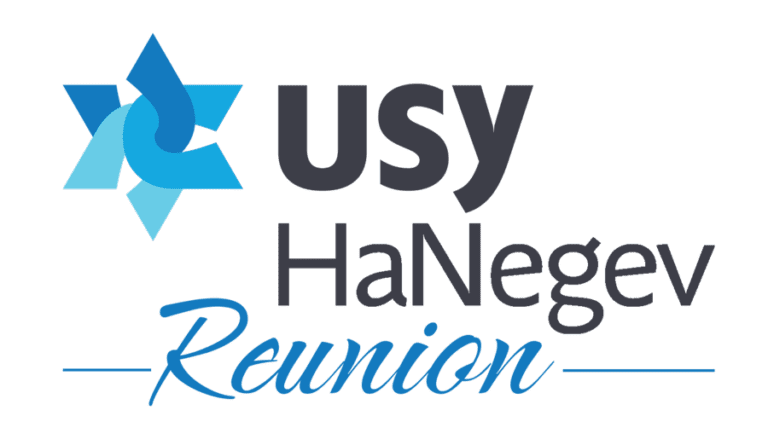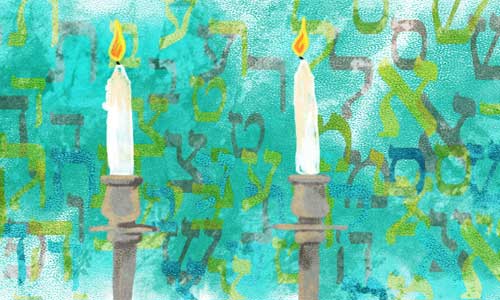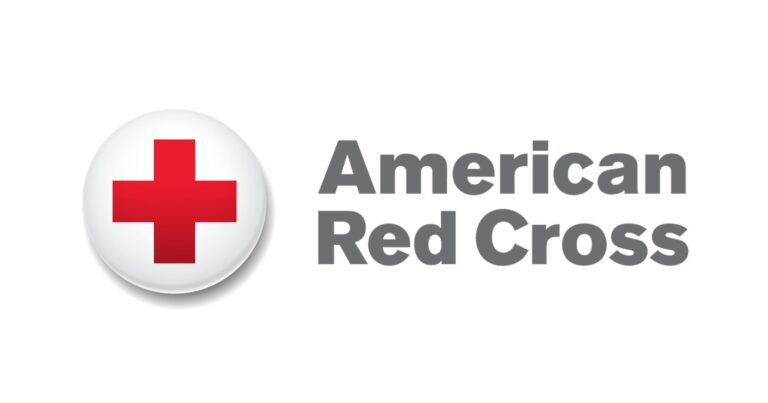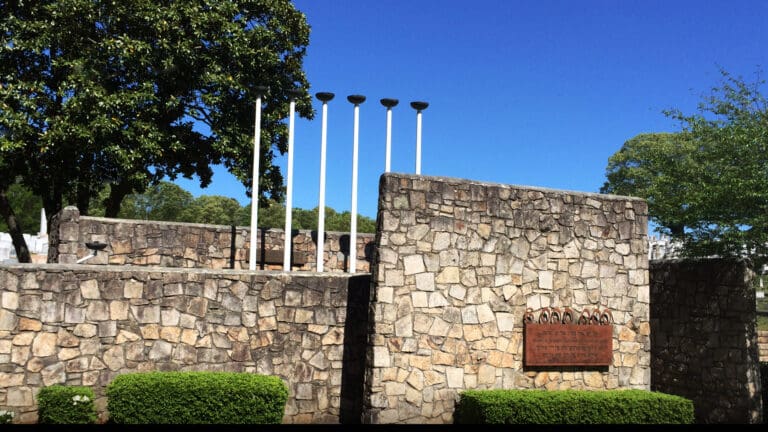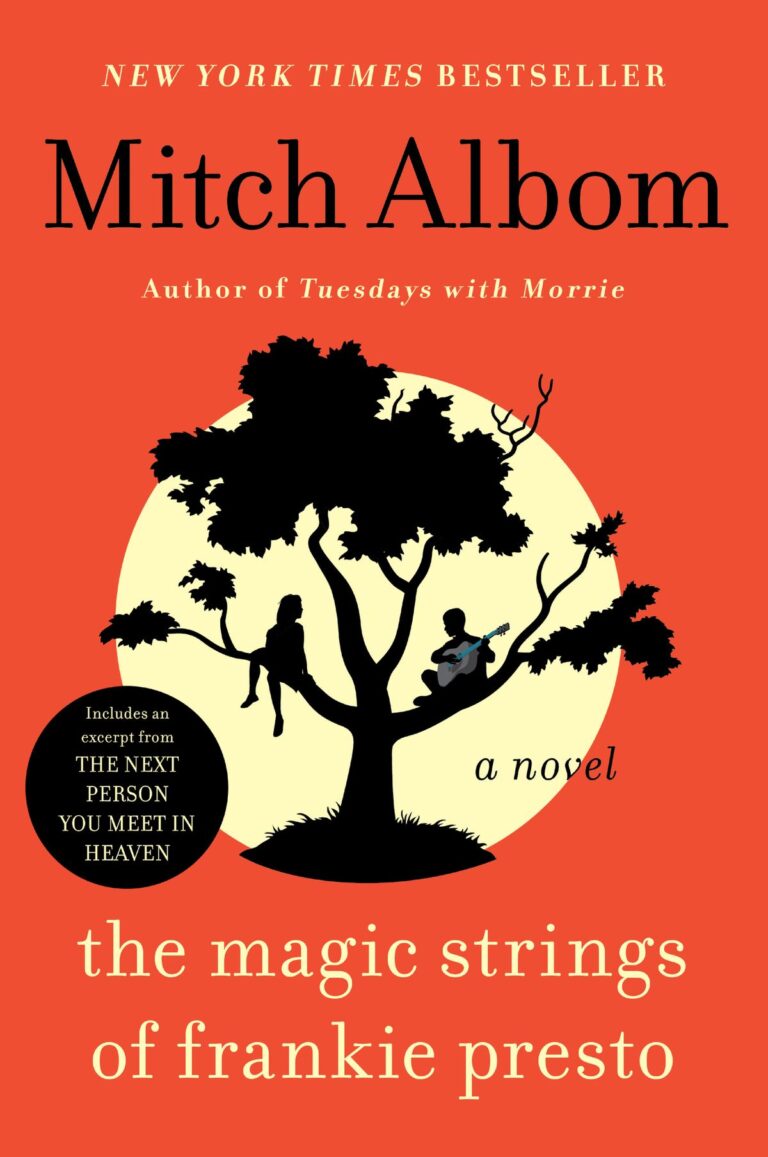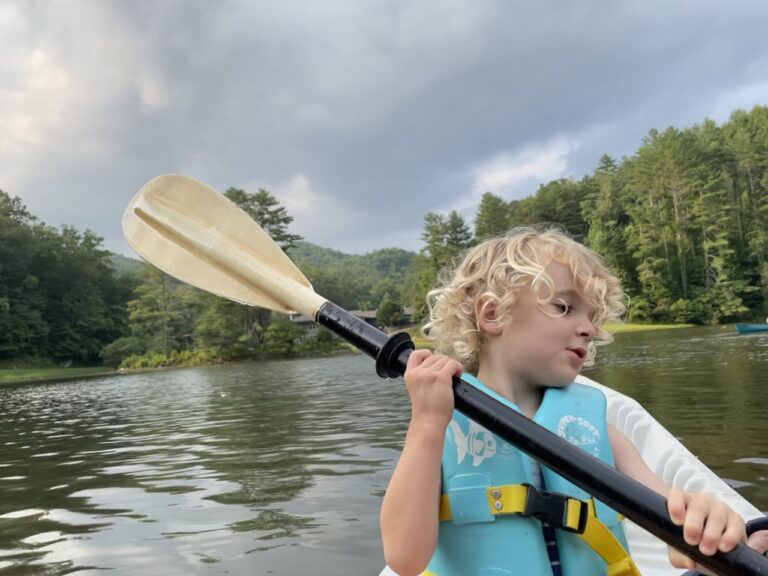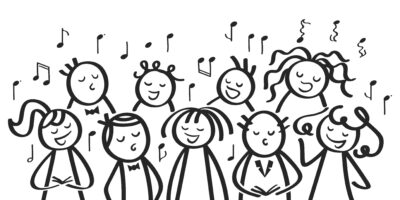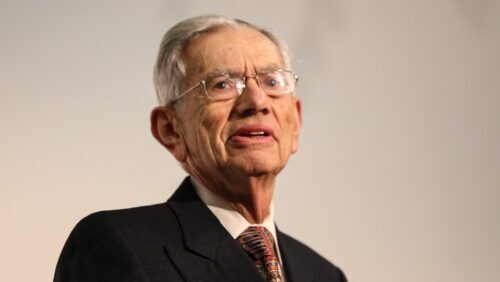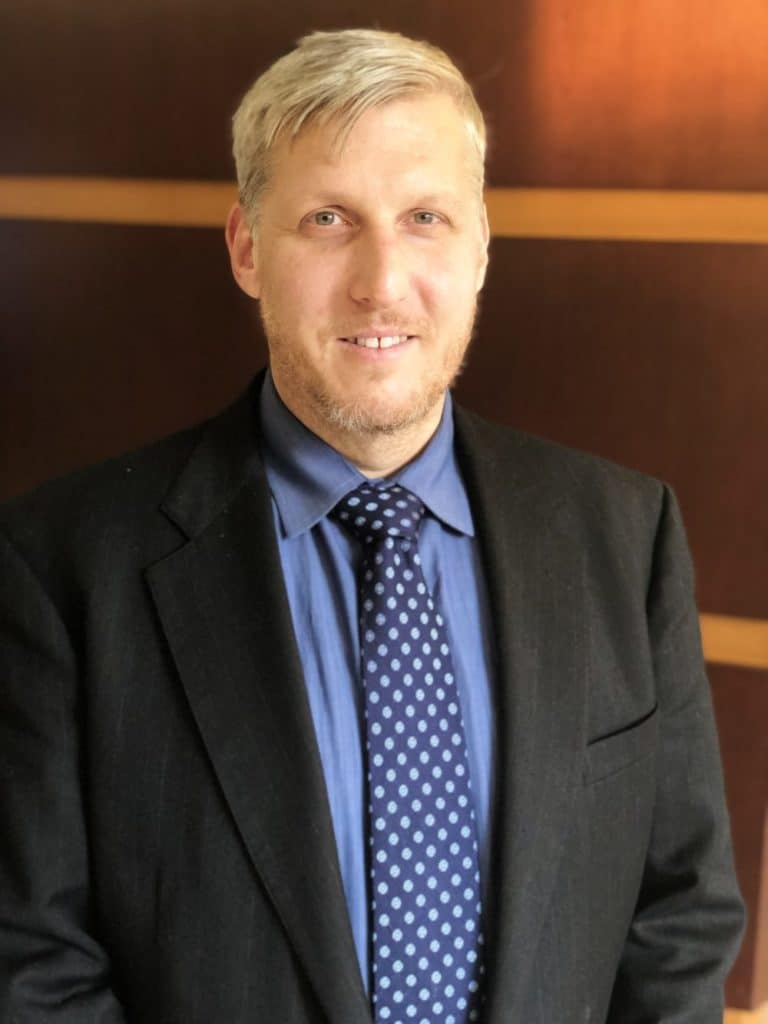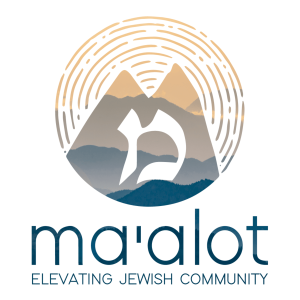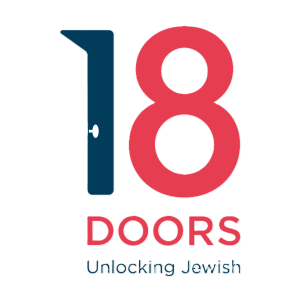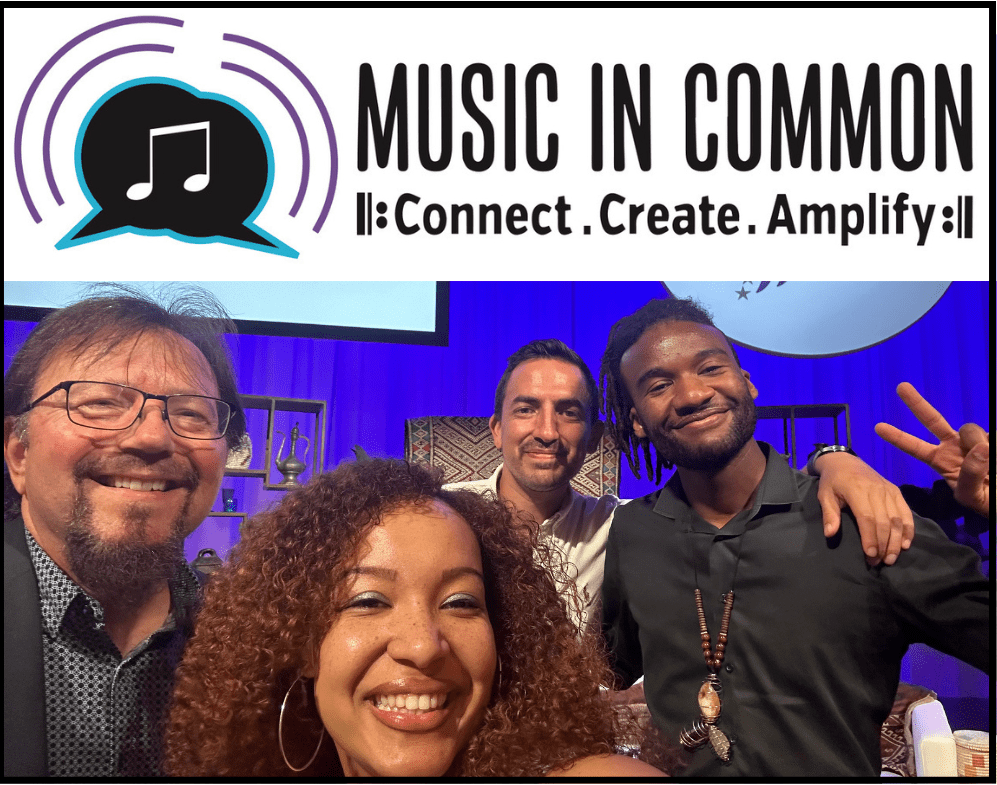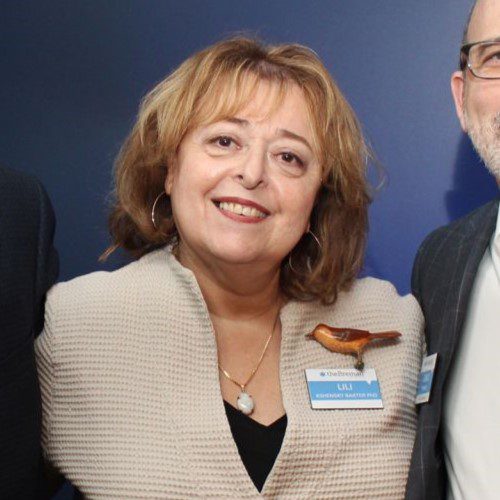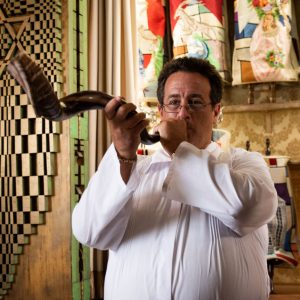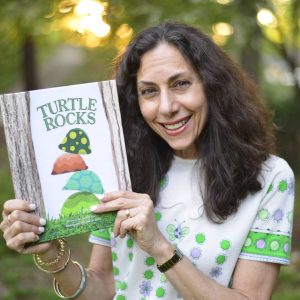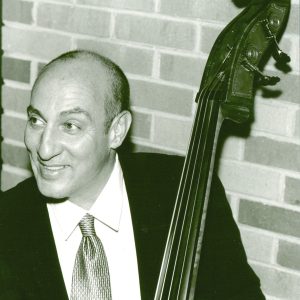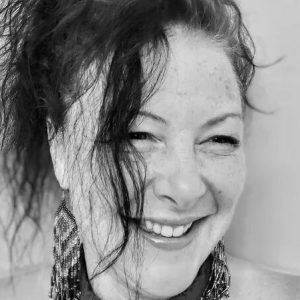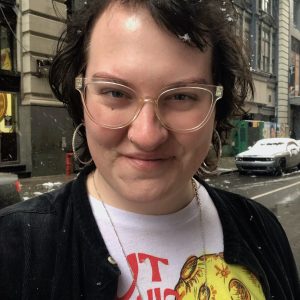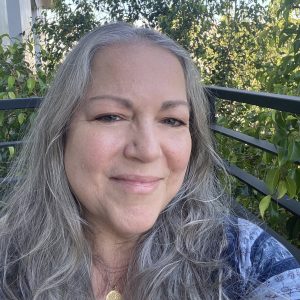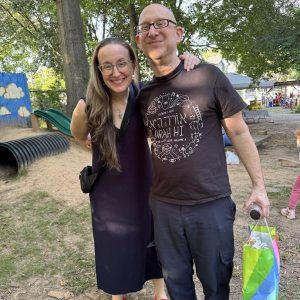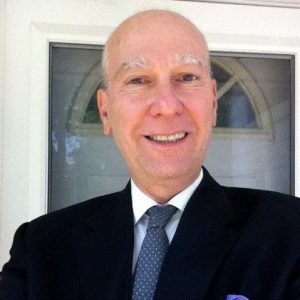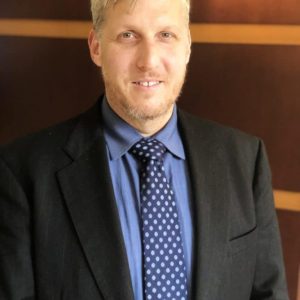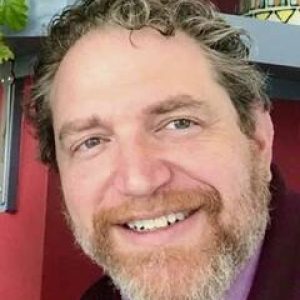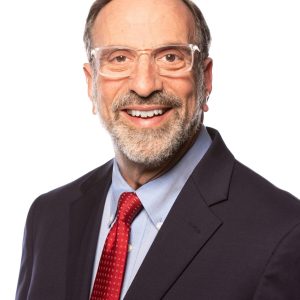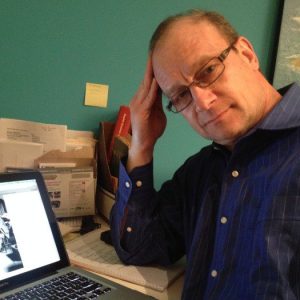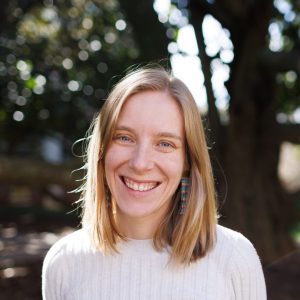Special Message
Shabbat Corner
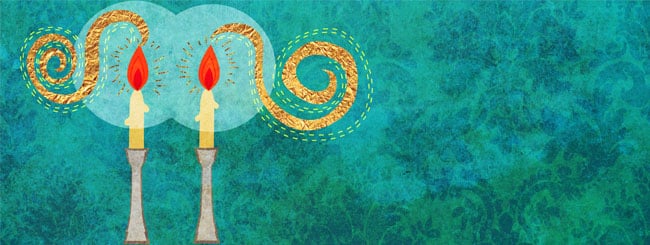
All Passover service times can be found on the Passover Hub
Shabbat and Erev Passover Service: 6:00 p.m. (Zoom)
Candle Lighting: 7:51 p.m.
Passover Morning Service: 9:30 a.m. (Zoom)
Mincha Service: 1:00 p.m. (Zoom)
Candle Lighting and Second Seder: 8:35 p.m. (counting of the Omer begins)
Saturday Biblical Readings:
Torah: Leviticus 14:1-15:33 | Maftir Aliyah: Number 28:16-25
Sunday Biblical Readings:
Torah: Leviticus 22:26-23:44 (Aliyot 1-5) | Maftir Aliyah: Number 28:16-25 | Haftara: 2 Kings 23:1-9, 21-25
Torah Commentary with Rabbi Laurence Rosenthal:
Pesach 5782 – The Torah of Passover
MaNishma by Rabbi Arnold Goodman:
The Two New Moons
Parsha Video of the Week (~15 min):
Shira Kecht-Koller, "Crafting Order from Chaos"
Passover Video (~60 min):
Making Sense of Maggid – Rabbi Elie Kaunfer, Hadar Yeshiva
Feel-Good News
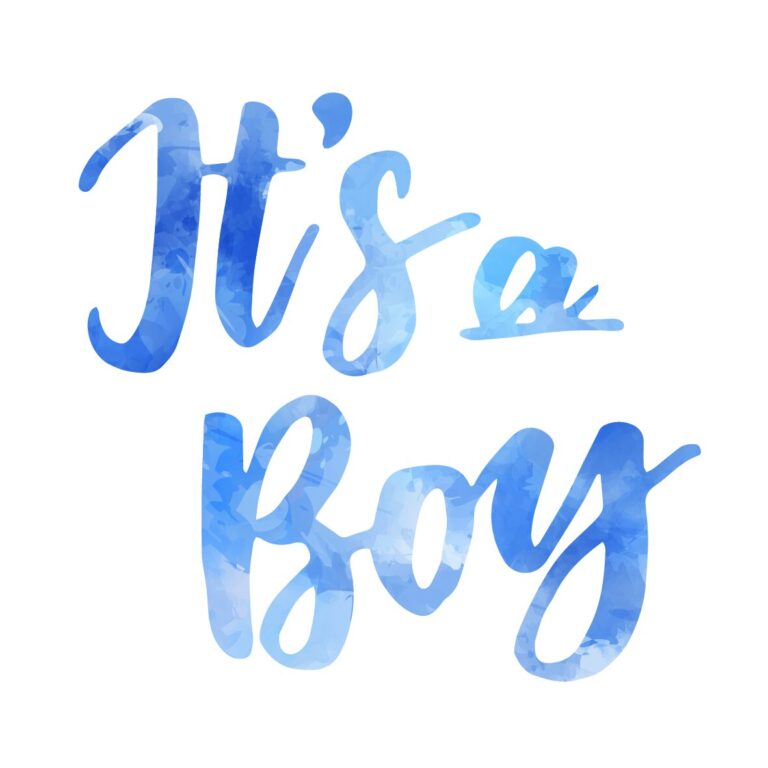
Events
Other Things Happening at AA
 We are looking for nominations for The Marvin C. Goldstein and Rita Goldstein Wolfson Volunteer of the Year Award (presented to a volunteer who has shown outstanding efforts to strengthen our congregation and community) to be presented at the Annual Meeting in June. To submit recommendations, please contact Jackie Nix (jnix@aasynagogue.org; 404.603.5743). Along with names, please include the rationale behind your recommendations. Each recommendation received will be vetted and researched by our clergy, professional staff, and officers for final award determinations.
We are looking for nominations for The Marvin C. Goldstein and Rita Goldstein Wolfson Volunteer of the Year Award (presented to a volunteer who has shown outstanding efforts to strengthen our congregation and community) to be presented at the Annual Meeting in June. To submit recommendations, please contact Jackie Nix (jnix@aasynagogue.org; 404.603.5743). Along with names, please include the rationale behind your recommendations. Each recommendation received will be vetted and researched by our clergy, professional staff, and officers for final award determinations.
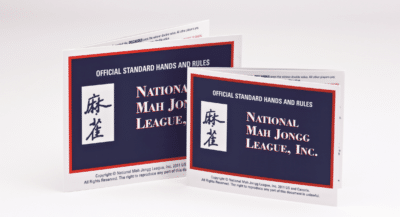 Extra regular-size cards available! To order your card(s), please email Barbara Nathan (bgnathan@mindspring.com) with a list of names and addresses of all recipients so they can receive their cards in the mail. To pay, please write a check, payable to AA Sisterhood, and mail to Barbara Nathan (200 Brandon Place, Sandy Springs, GA 30328). Regular card = $9
Extra regular-size cards available! To order your card(s), please email Barbara Nathan (bgnathan@mindspring.com) with a list of names and addresses of all recipients so they can receive their cards in the mail. To pay, please write a check, payable to AA Sisterhood, and mail to Barbara Nathan (200 Brandon Place, Sandy Springs, GA 30328). Regular card = $9
 We are grateful for your continued support, patience, and fortitude as our community, country and world move through one of the most challenging times in modern history. With the guidance of the Center of Disease Control's (CDC) latest guidelines, we are sharing with you our updated protocols which will allow our synagogue building and community to live up to its traditional name, a Beit Knesset (A House of Gathering). Effective today, Friday, March 11, the following changes to our safety protocols will be in effect for our worship, cultural events, adult learning, and business meetings:
We are grateful for your continued support, patience, and fortitude as our community, country and world move through one of the most challenging times in modern history. With the guidance of the Center of Disease Control's (CDC) latest guidelines, we are sharing with you our updated protocols which will allow our synagogue building and community to live up to its traditional name, a Beit Knesset (A House of Gathering). Effective today, Friday, March 11, the following changes to our safety protocols will be in effect for our worship, cultural events, adult learning, and business meetings:- Fully vaccinated adults (16 years old and above) and individuals who have fully recovered from a documented COVID-19 infection in the last six months may attend indoor activities with or without a mask.
- If you are not vaccinated or have not recovered from a COVID-19 infection in the last six months (natural immunity), we invite you to use our virtual platform to participate with our community.
- If you are immunocompromised, a high-risk individual, or spend time around others who are, we encourage you to continue the use of masks when attending synagogue functions.
- For programs that share spaces with kids under five years old, including Family Shabbat, Kesher, and holiday celebrations, we will continue to require masks while inside the building for all attendees. We will always strive for outdoor gatherings for these communities whenever the weather cooperates.
We are hopeful that we are in the final stages of this pandemic, and we can continue to go from strength to strength (Hazak, Hazak, vNet'hazek). As we slowly reemerge from these difficult two years, there will be anxiety, concern, and caution. We anticipate some people will continue to wear masks. It is understandable to still be nervous about removing our masks indoors. Whatever choice you make regarding masks, we ask that, in the spirit of the cohesive and empathetic community that we are, you respect the choices that others make, even if you disagree with them. We will be monitoring the CDC recommendations carefully and will continue to adjust as we know more; this might mean that we revert to more stringent protocols if guidance changes. We appreciate your understanding, support, and patience as we continue to navigate these unprecedented times.
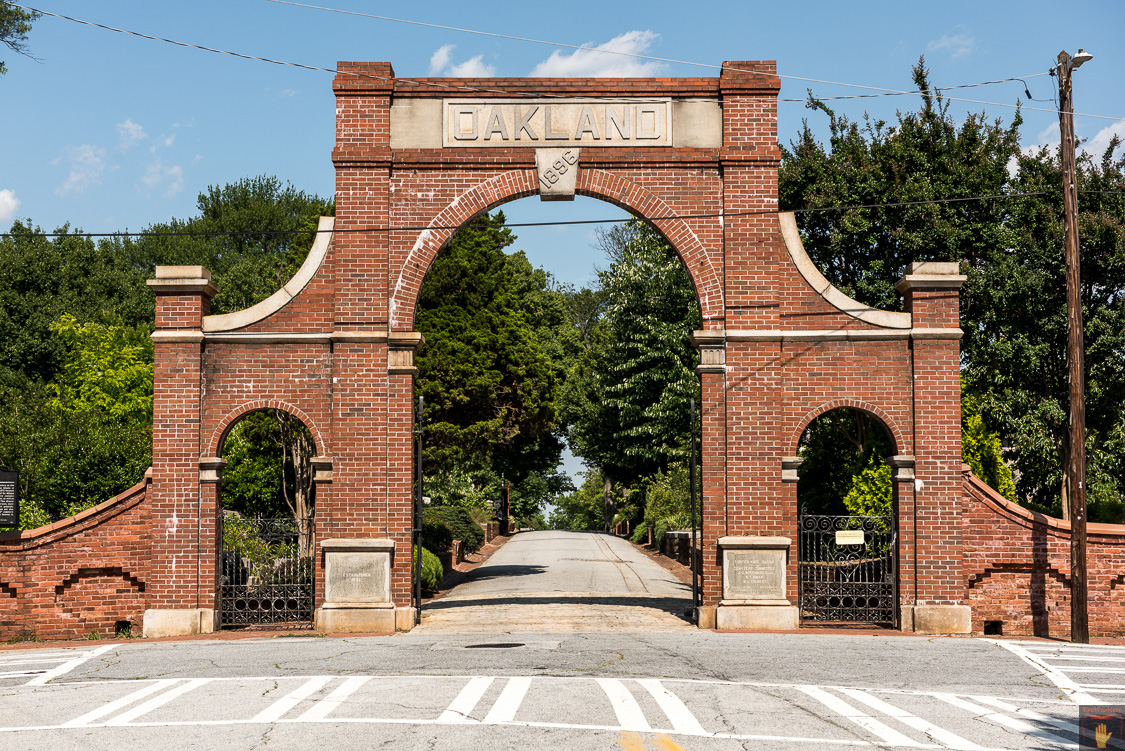 A joint committee representing AA Synagogue and The Temple, consisting of Betsy Teplis, Ivan Millender, Janice Rothschild Blumberg, Emilie Posner Haas, and Sperry Wilder (a tour guide at Oakland since 1999) has been formed to collect and compile your most relevant family history of those family members buried in Oakland Cemetery. Please note we are not soliciting funds for this project. It is voluntary. The information will be included on the tours of the AA and Temple sections in Oakland Cemetery and archived at the Breman Museum. We appreciate your participation in this worthwhile project. Please submit a brief synopsis of your interesting family history, hopefully by year-end, via email to Ivan Millender (ivanmillender@earthlink.net) or postal mail (addressed to the Synagogue – 600 Peachtree Battle Ave NW, Atlanta, GA 30327). We look forward to your response. Thanks in advance for your help and participation! – Betsy, Ivan, Janice, Emilie, and Sperry
A joint committee representing AA Synagogue and The Temple, consisting of Betsy Teplis, Ivan Millender, Janice Rothschild Blumberg, Emilie Posner Haas, and Sperry Wilder (a tour guide at Oakland since 1999) has been formed to collect and compile your most relevant family history of those family members buried in Oakland Cemetery. Please note we are not soliciting funds for this project. It is voluntary. The information will be included on the tours of the AA and Temple sections in Oakland Cemetery and archived at the Breman Museum. We appreciate your participation in this worthwhile project. Please submit a brief synopsis of your interesting family history, hopefully by year-end, via email to Ivan Millender (ivanmillender@earthlink.net) or postal mail (addressed to the Synagogue – 600 Peachtree Battle Ave NW, Atlanta, GA 30327). We look forward to your response. Thanks in advance for your help and participation! – Betsy, Ivan, Janice, Emilie, and Sperry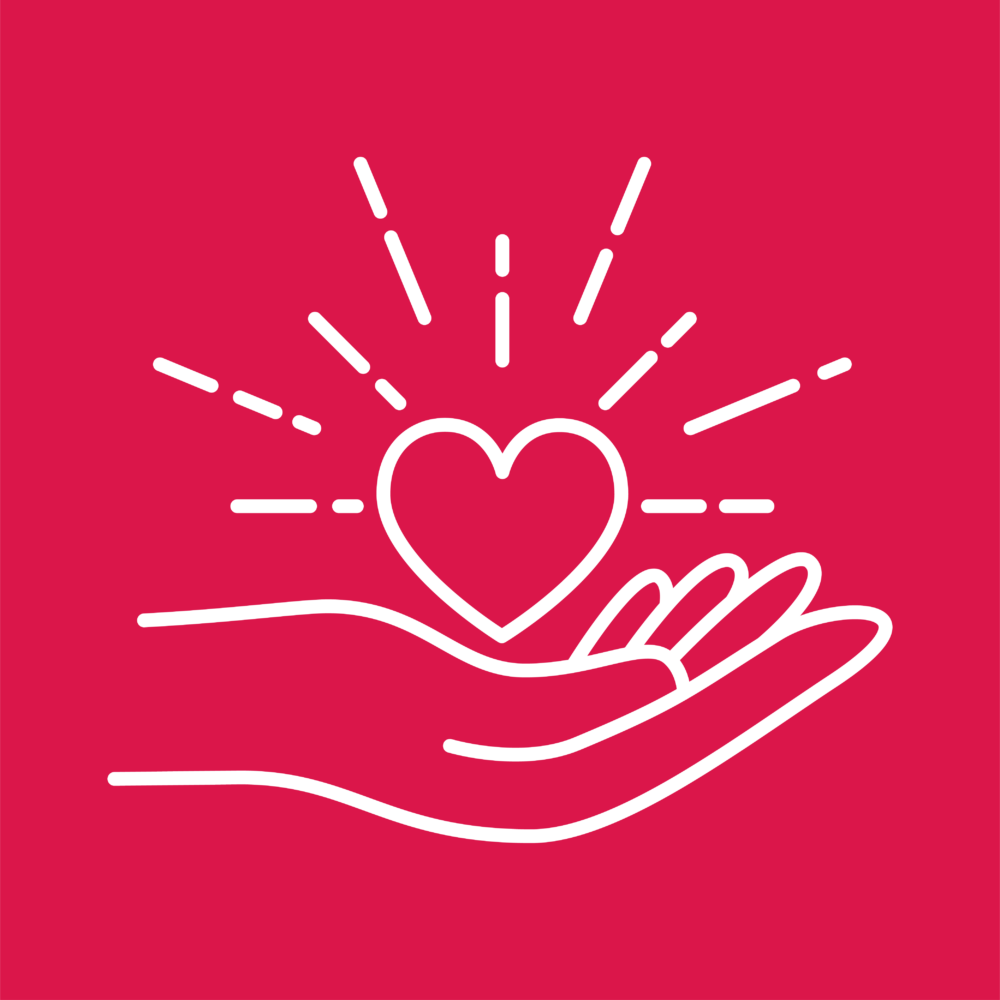 Do you know an AA congregant who is in the hospital or infirm? We are concerned about loved ones and friends who are in the hospital or infirm. Although our synagogue office remains closed, we are still working and would like to connect with you, especially in regards to pastoral care. If you have information about friends or family in the hospital or other care facilities, please contact Rabbi Rosenthal (lrosenthal@aasynagogue.org) directly. We always appreciate the opportunity to speak with anyone in need and offer support in any way we can.
Do you know an AA congregant who is in the hospital or infirm? We are concerned about loved ones and friends who are in the hospital or infirm. Although our synagogue office remains closed, we are still working and would like to connect with you, especially in regards to pastoral care. If you have information about friends or family in the hospital or other care facilities, please contact Rabbi Rosenthal (lrosenthal@aasynagogue.org) directly. We always appreciate the opportunity to speak with anyone in need and offer support in any way we can. We are excited to move forward in aligning Ahavath Achim with United Synagogues of Conservative Judaism's (USCJ) membership section of Standards for Congregational Practice: "We celebrate diversity among and within our synagogues and encourage the engagement of all those who seek a spiritual and communal home in an authentic and dynamic Jewish setting." Most of us have or know Jewish families with loved ones of other faiths. Embracing these families will allow us not only to support their Jewish growth and identity with AA, it will also help them create a Jewish home of their own. To this end, we will soon be introducing proposed changes to our by-laws
We are excited to move forward in aligning Ahavath Achim with United Synagogues of Conservative Judaism's (USCJ) membership section of Standards for Congregational Practice: "We celebrate diversity among and within our synagogues and encourage the engagement of all those who seek a spiritual and communal home in an authentic and dynamic Jewish setting." Most of us have or know Jewish families with loved ones of other faiths. Embracing these families will allow us not only to support their Jewish growth and identity with AA, it will also help them create a Jewish home of their own. To this end, we will soon be introducing proposed changes to our by-laws
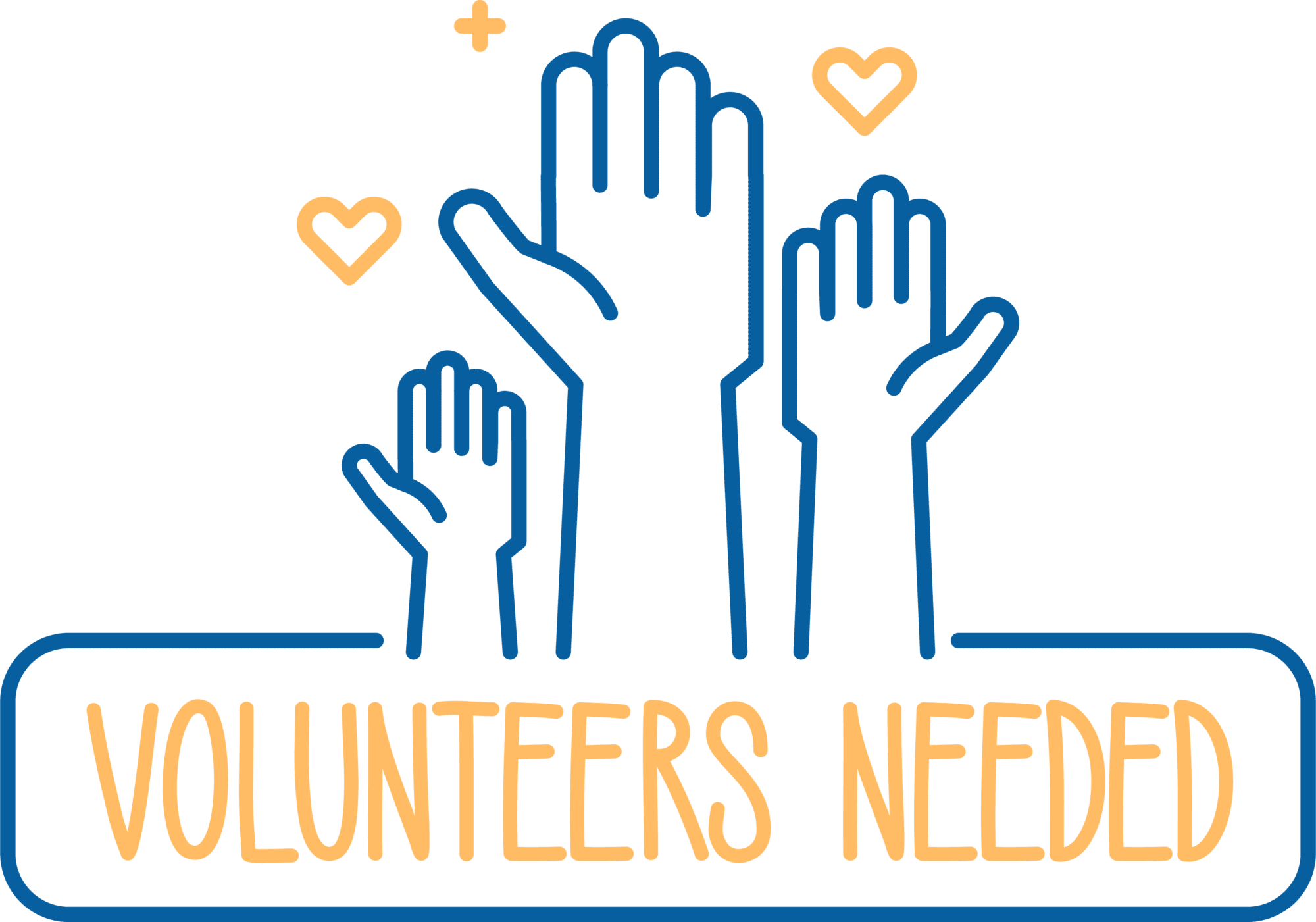 We are in need of an online gabbai to help us deepen our Shabbat morning hybrid service experience. This opportunity will be facilitated from the comfort of your in-home "sanctuary." We seek somebody who can welcome our Zoom participants and invite selected individuals to participate in the service with honors like online aliyah to the Torah, English readings, etc. This position requires the use of the Zoom chat feature, computer camera, and a smiling, outgoing personality. Detailed instructions and training will be provided. We are looking for several individuals to create a monthly rotation. If you are interested, please contact Rabbi Laurence Rosenthal (lrosenthal@aasynagogue.org).
We are in need of an online gabbai to help us deepen our Shabbat morning hybrid service experience. This opportunity will be facilitated from the comfort of your in-home "sanctuary." We seek somebody who can welcome our Zoom participants and invite selected individuals to participate in the service with honors like online aliyah to the Torah, English readings, etc. This position requires the use of the Zoom chat feature, computer camera, and a smiling, outgoing personality. Detailed instructions and training will be provided. We are looking for several individuals to create a monthly rotation. If you are interested, please contact Rabbi Laurence Rosenthal (lrosenthal@aasynagogue.org). We have so many wonderful activities at Ahavath Achim Synagogue, from communal to spiritual to social action. The Membership Committee is requesting your help in asking others to come WITH you to any/all synagogue events! Share how many wonderful things are going on at AA with your friends and family! If you know of anyone who should be on our prospective member list or should be contacted by leadership in any way, please reach out to Miriam Habif Gelfond, Director of Outreach and Engagement (mhabif@aasynagogue.org). Thank you for your good word and promoting what Ahavath Achim – the synagogue of brotherly love – has to offer!
We have so many wonderful activities at Ahavath Achim Synagogue, from communal to spiritual to social action. The Membership Committee is requesting your help in asking others to come WITH you to any/all synagogue events! Share how many wonderful things are going on at AA with your friends and family! If you know of anyone who should be on our prospective member list or should be contacted by leadership in any way, please reach out to Miriam Habif Gelfond, Director of Outreach and Engagement (mhabif@aasynagogue.org). Thank you for your good word and promoting what Ahavath Achim – the synagogue of brotherly love – has to offer! Ahavath Achim's Sisterhood is a dynamic organization of women of all ages with diverse experiences, talents, and interests within our synagogue, community, and the Jewish world. Every woman counts for Sisterhood to grow and thrive. Basic membership dues are $45, but we encourage you to join at a Chai-er level. Your generous dues and donations are vital for Sisterhood to continue to offer programs and projects that strengthen and sustain our Jewish values.
Ahavath Achim's Sisterhood is a dynamic organization of women of all ages with diverse experiences, talents, and interests within our synagogue, community, and the Jewish world. Every woman counts for Sisterhood to grow and thrive. Basic membership dues are $45, but we encourage you to join at a Chai-er level. Your generous dues and donations are vital for Sisterhood to continue to offer programs and projects that strengthen and sustain our Jewish values. We need your involvement in AA's social action programs! Motivate your family and friends "into action" towards the betterment of our community, and envision our current programs continued for the future. Reach out to your nieces, nephews, friends, and new neighbors for new contacts and ideas to help us increase our pool of volunteers for our wonderful existing and future programs. We need you! Find out how you want to be involved by reviewing the list of social action programs in which our synagogue has been involved for many years. If you'd like to become involved, please email our Social Action Chair: Alan Wexler (alanwexler@databankinfo.com; 404.872.8880).
We need your involvement in AA's social action programs! Motivate your family and friends "into action" towards the betterment of our community, and envision our current programs continued for the future. Reach out to your nieces, nephews, friends, and new neighbors for new contacts and ideas to help us increase our pool of volunteers for our wonderful existing and future programs. We need you! Find out how you want to be involved by reviewing the list of social action programs in which our synagogue has been involved for many years. If you'd like to become involved, please email our Social Action Chair: Alan Wexler (alanwexler@databankinfo.com; 404.872.8880).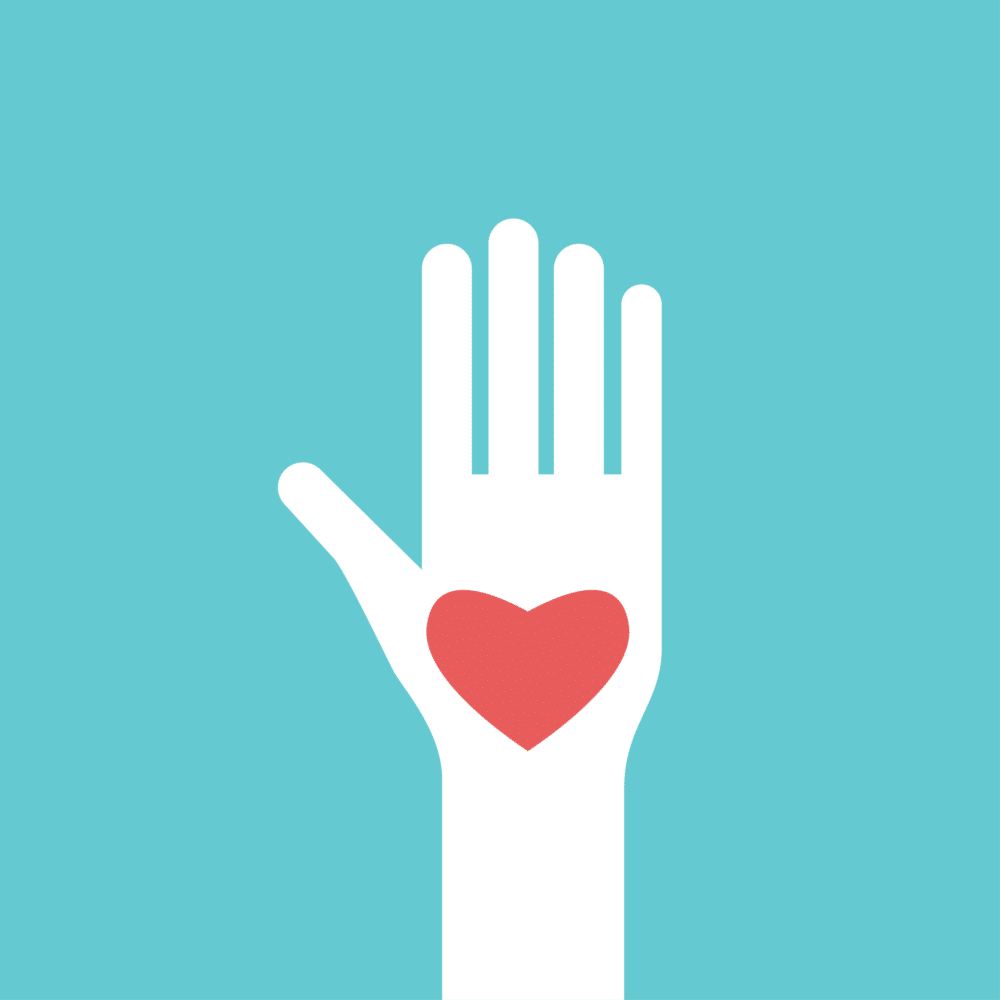 Are you a warm, friendly, dedicated volunteer who wants to make a difference in a fellow congregant's life through acts of loving kindness? Are you willing to make a personal call or visit to comfort and support a congregant who has lost a loved one or been ill? These caring touches – acts of loving kindness – make all the difference in the world to those receiving them. If you want to be a part of strengthening our community, then AA's new Chesed Initiative is for you! This committee will work with our clergy, staff, and lay leaders to connect members who need help with members who want to do good deeds! Additionally, if you know of a congregant who is facing personal difficulties related to health, loss, or grief, please contact Fern Schorr (fschorr@aasynagogue.org; 404.355.5222) to let us know. Help us reach out to members in need. We welcome your help and time with this important project.
Are you a warm, friendly, dedicated volunteer who wants to make a difference in a fellow congregant's life through acts of loving kindness? Are you willing to make a personal call or visit to comfort and support a congregant who has lost a loved one or been ill? These caring touches – acts of loving kindness – make all the difference in the world to those receiving them. If you want to be a part of strengthening our community, then AA's new Chesed Initiative is for you! This committee will work with our clergy, staff, and lay leaders to connect members who need help with members who want to do good deeds! Additionally, if you know of a congregant who is facing personal difficulties related to health, loss, or grief, please contact Fern Schorr (fschorr@aasynagogue.org; 404.355.5222) to let us know. Help us reach out to members in need. We welcome your help and time with this important project.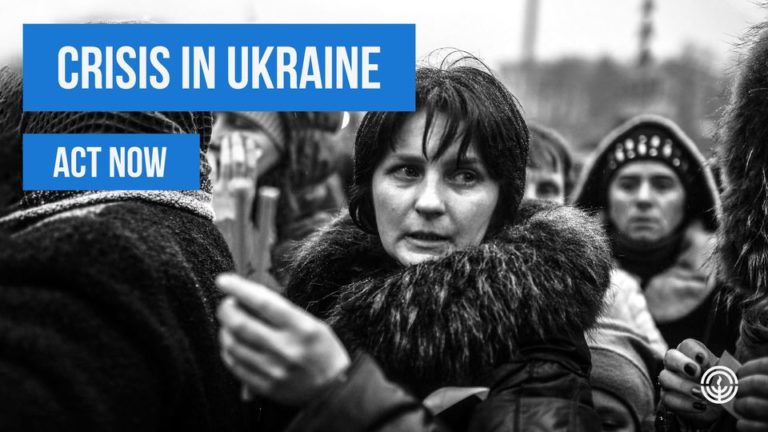 Donate to the Ukraine Emergency Fund of Jewish Federation of Greater Atlanta
Donate to the Ukraine Emergency Fund of Jewish Federation of Greater Atlanta
 We are proud and grateful to formally launch the Marilyn Ginsberg Eckstein Cultural Arts Program Fund. Formerly the Cultural Arts Program, established in 1977, this fund was established by congregant Marilyn Ginsberg Eckstein to perpetuate AA's broad cultural arts program offerings. AA's cultural arts programming currently consists of: the Fran Eizenstat and Eizenstat Family Memorial Lecture Series, the Chamber Concert Series, the Liturgical Music Artist-in-Residency Program, weekly Shabbat and annual High Holiday musical offerings, and jazz, pop, vocal and instrumental concert offerings. The Cultural Arts Program has long been recognized for its breadth of offerings and its excellence. We hope that you will consider making contributions to this fund as the Marilyn Ginsberg Eckstein Cultural Arts Program offerings continue to present world-renowned speakers, dignitaries, artists, and virtuoso musicians.
We are proud and grateful to formally launch the Marilyn Ginsberg Eckstein Cultural Arts Program Fund. Formerly the Cultural Arts Program, established in 1977, this fund was established by congregant Marilyn Ginsberg Eckstein to perpetuate AA's broad cultural arts program offerings. AA's cultural arts programming currently consists of: the Fran Eizenstat and Eizenstat Family Memorial Lecture Series, the Chamber Concert Series, the Liturgical Music Artist-in-Residency Program, weekly Shabbat and annual High Holiday musical offerings, and jazz, pop, vocal and instrumental concert offerings. The Cultural Arts Program has long been recognized for its breadth of offerings and its excellence. We hope that you will consider making contributions to this fund as the Marilyn Ginsberg Eckstein Cultural Arts Program offerings continue to present world-renowned speakers, dignitaries, artists, and virtuoso musicians.